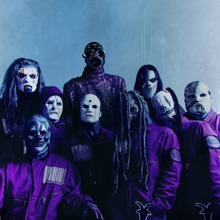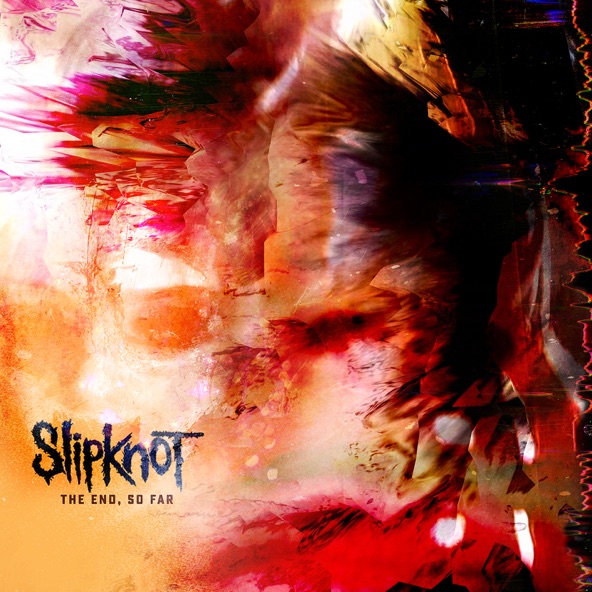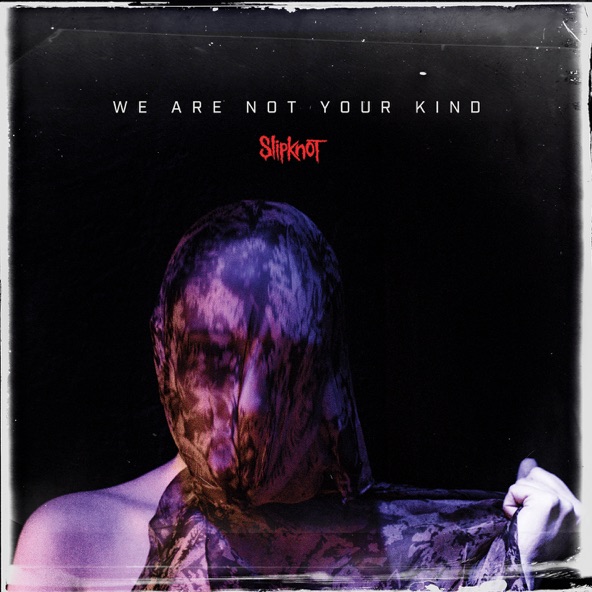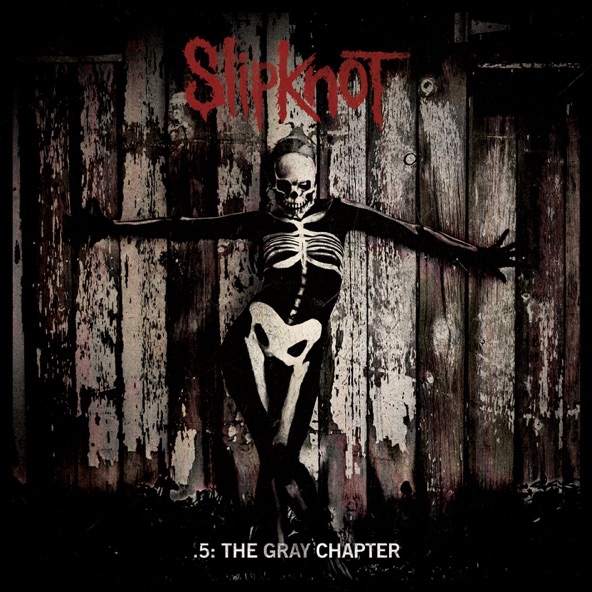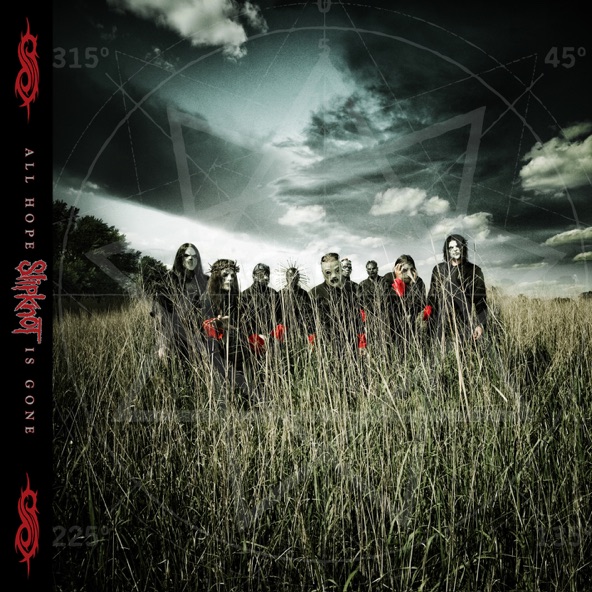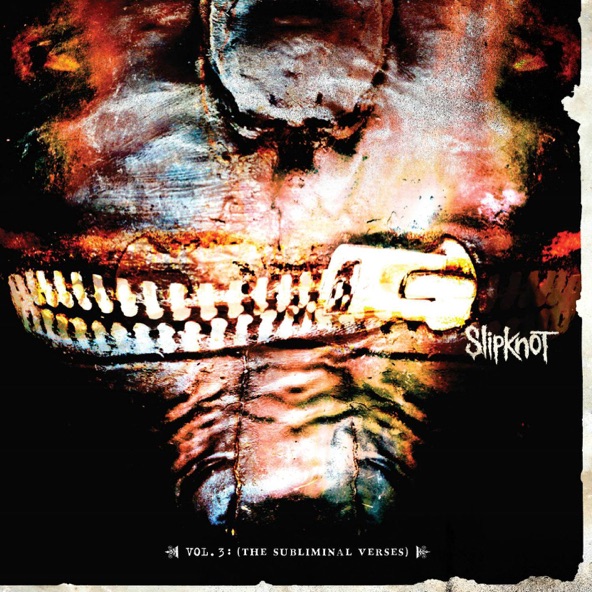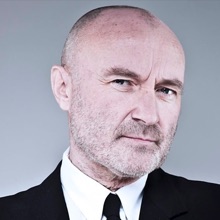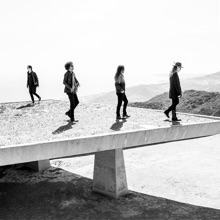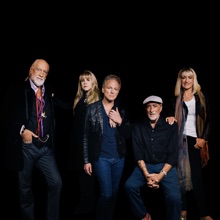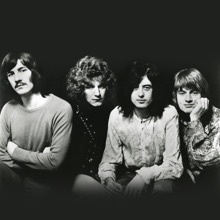Artist
Slipknot
The turn of the millennium sparked fears of an imminent apocalypse, and Slipknot emerged at just the right time to provide its soundtrack. Founded in 1995, the Des Moines, Iowa band was spawned in nu-metal’s petri dish of mosh-pit aggression and turntablist textures. But the group’s self-titled 1999 debut and 2001 follow-up, <I>Iowa</I>, pushed the sound to new extremes, outfitting their palm-muted riffs with a percussive onslaught that owed as much to the rhythms of drum ‘n’ bass as the throttle of thrash. And that sound wasn’t the only scary thing about them: Upping the shock-rock ante established by Marilyn Manson in the ‘90s, Slipknot’s grotesque masks made them look like the death cult from some grindhouse flick. But in Corey Taylor, the band possess a lead singer with far greater emotional depth than the typical metal growler. Importing some of the melodic sensibility he cultivated in his concurrent post-grunge band, Stone Sour, Taylor supplemented throat-shredding ragers like 2003’s “Duality” with <I>just</I> enough pop appeal to turn the band into perennial chart-toppers and Grammy Award-winners. Over time, Slipknot’s horror-show theatrics have proven to be less a visual gimmick than a crucial marker of consistency for a group that’s endured a number of personnel changes and tragedies (namely, the 2010 death of founding bassist Paul Gray). But, 20 years on from their debut, the band’s album <I>We Are Not Your Kind</I>, which went to No. 1 in no fewer than 12 countries, finds them as aggressive and experimental as ever—because for Slipknot, the apocalypse is always nigh.
